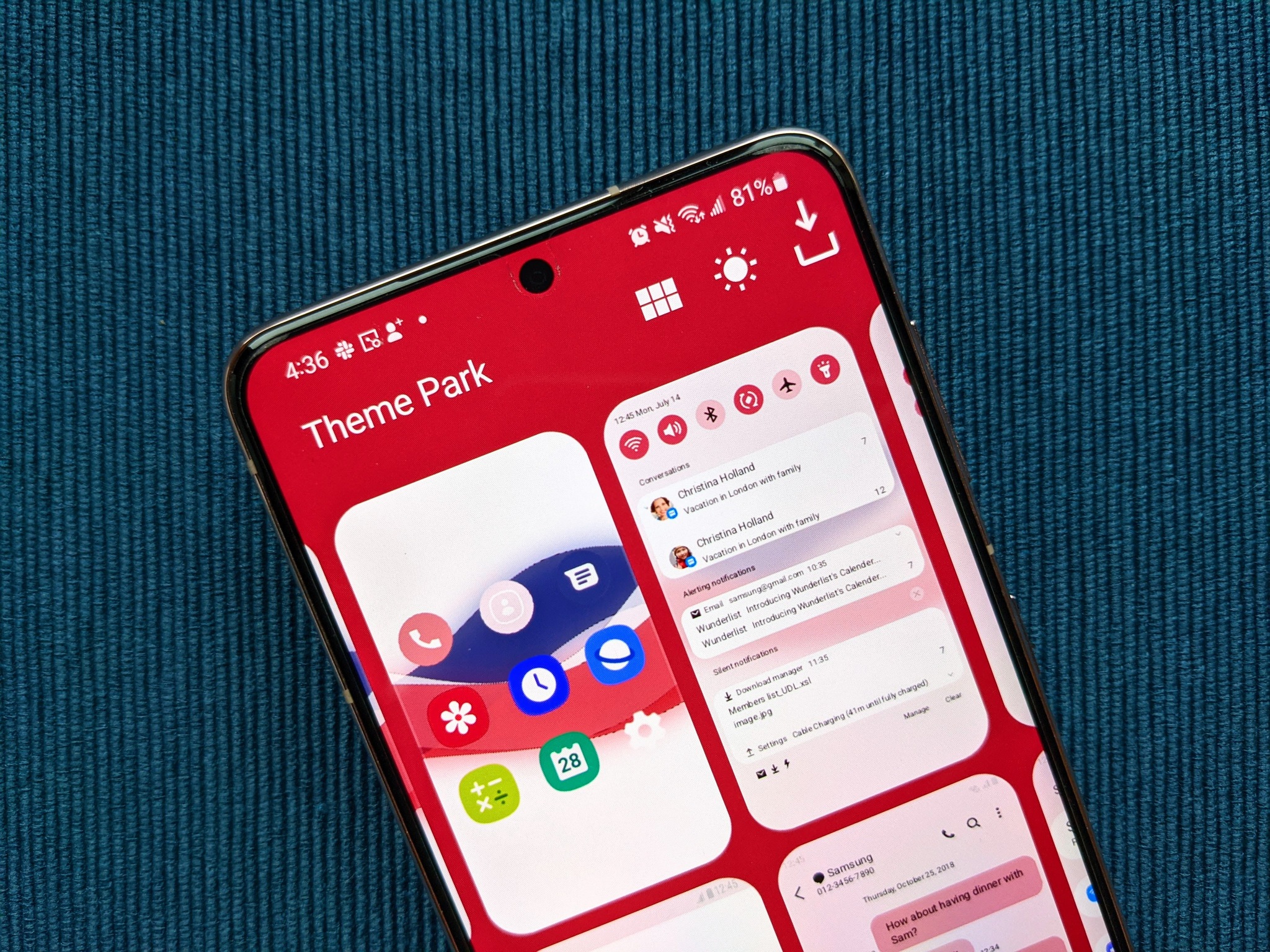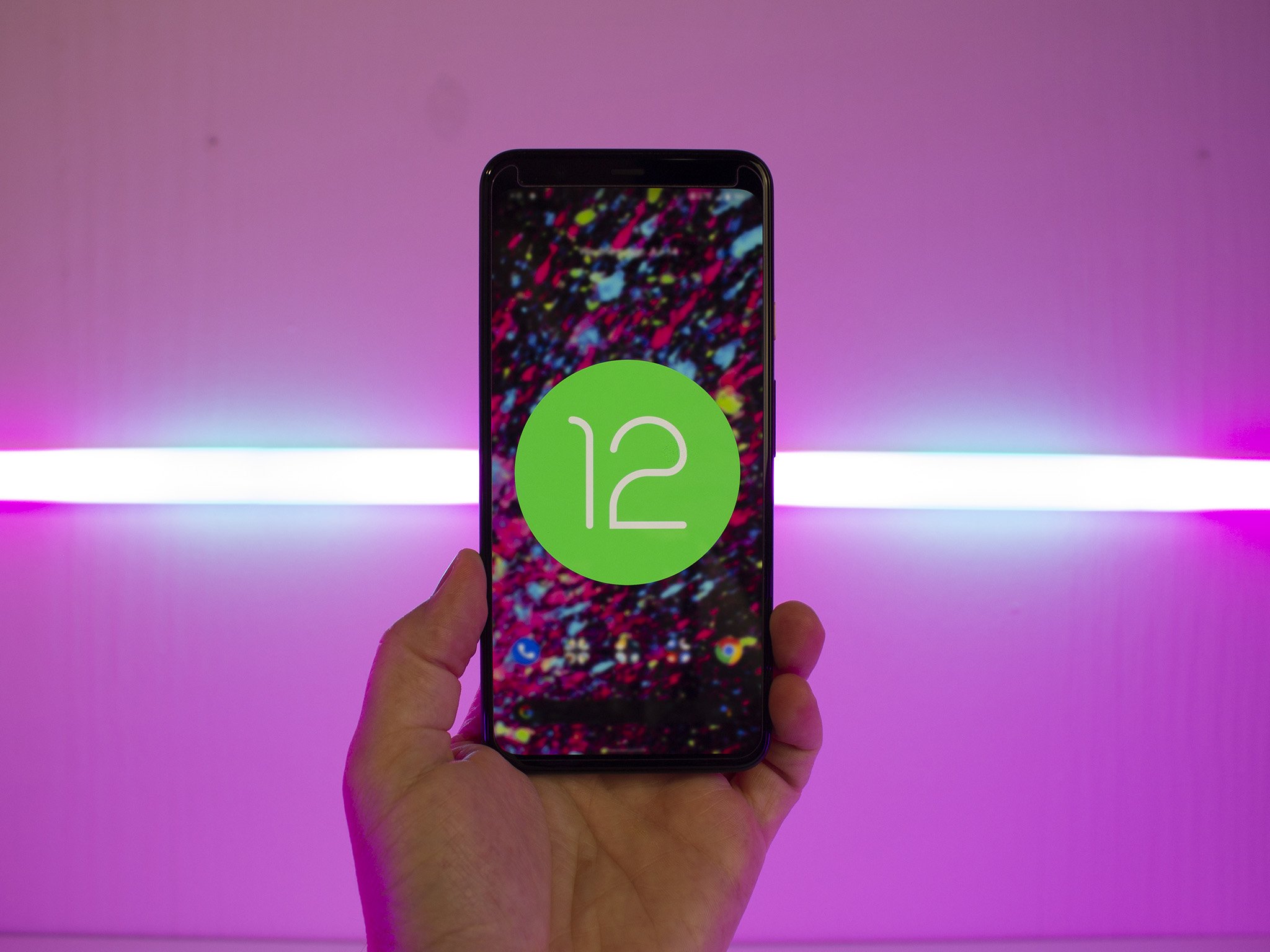Wait — is it really a surprise to find pre-release versions of Android aren't quite perfect yet?
This past week, Samsung surprised many of us by dropping its first One UI 4 beta, based on Android 12, well ahead of the stable code drop from Google. At the time of writing, we're not expecting Pixel phones to get stable Android 12 until early October. As such, the early version available to Galaxy S21 owners right now is ... well, kind of a mess. Performance issues and bugs aplenty reveal that the current One UI 4 build is further away from stable status than previous Samsung betas, which on the whole have been relatively stable. So if you want to try Android 12 on Samsung's best Android phones, you might want to hold off for a more reliable build.
The same pattern is apparent in the Android 12 public beta for Pixel phones. Fairly serious bugs remained right up to the current beta 5 build. And even that version still has obvious user-facing issues, like the broken "at a glance" widget and Bluetooth performance bugs. Previously, betas 3 and 4 featured broken visuals around the Google search bar in the app drawer, becoming a running joke among Android watchers.
It's a far cry from Android 11 and Android 10, which were basically daily-driver-ready around the time of their July betas in previous years. And by the time we got to August, beta program builds were basically release-ready, with the eventual over-the-air updates to stabilize usually weighing in at just a few megabytes.
Android 10 and Android 11 were basically daily-driver-ready by July or August.
Android 12 isn't like most Android updates, though. On Pixel phones, it brings the most significant UI overhaul since the introduction of Material Design in 2014. Material You touches every part of the interface on a Pixel phone, and Google also has to update its apps to fit with the new design language. Google is monkeying with the System UI much more than, for example, it did while jumping from Android 9 to Android 10 in 2019. So it stands to reason that more user-facing changes will result in more user-facing bugs.
That said, the beta program has already lasted longer than any recent Android version, and Google has played fast and loose with the definitions of the most recent preview build. Beta 5 is supposed to be a "release candidate," which in software development means it's ready to ship, save for some final testing. Yet this build also comes with a "known issues" section in its release notes, along with the aforementioned UI bugs, which is not something you'd expect to see in a release candidate.
Given that Android 12 on Pixel phones still has stability issues, perhaps we shouldn't be surprised that early builds of One UI based upon it are similarly imperfect.
Anshel Sag, senior analyst at Moor Insights & Strategy, told Android Central we shouldn't read between the lines too much.
"I think it's fine if they drop the betas early, maybe it will help them figure out bugs sooner and not have to fix them at launch," Sag said. "I think that a lot of people's expectations for betas are sometimes too high, and we need to remember that they exist to help work out bugs."
That's particularly true for Android enthusiasts — we often treat the beta program as a convenient way to get to play with new Android features ahead of the masses, without remembering why those features aren't generally available yet. There's an ever-present trade-off between access to cool new stuff early and potential side effects on day-to-day usability, especially if you're installing beta software on your primary (or only) device.
Rumors of an "Android 12.1" coming soon in the wake of regular old Android 12 aren't too much of a surprise either, considering the trajectory of this version of Android. "Point" versions of Android generally mean a new API level from Google — the code targeted by developers when they're making apps. Given Android 12's fairly lengthy development cycle, it's not shocking to find some changes originally planned for version 12 not making the cut.
Could we see an Android 12.1 before the year's out?
Nevertheless, if an Android 12.1 does emerge late this year, this would be the first time since 2017 that Google pushed out a point release of the OS. Back then, Android 8.1 Oreo supplemented the significant changes in 8.0, adding APIs for neural networking, wallpaper colors, and shared memory — all relatively minor updates.
While the current Android 12 betas may be far from perfect, that's precisely why they're betas. Google still has a few more weeks to give the new version a final coat of polish, and when it does, that'll be the time to pass the final judgment on Android 12.
Source: androidcentral

